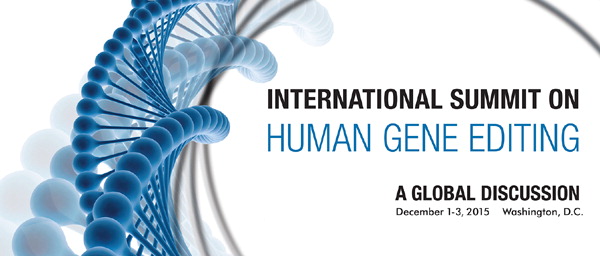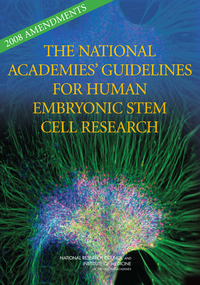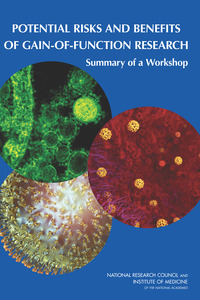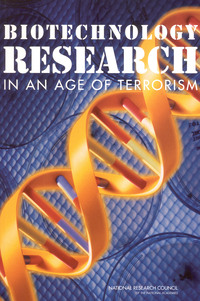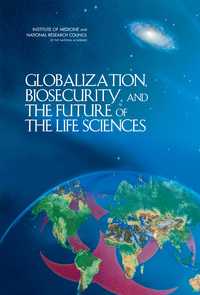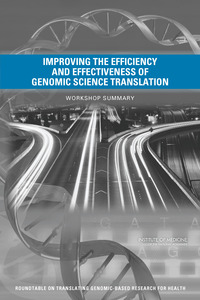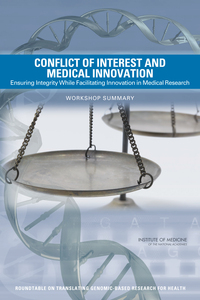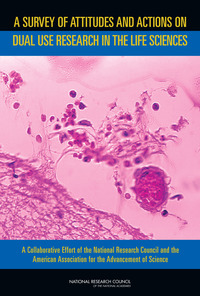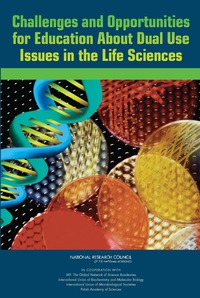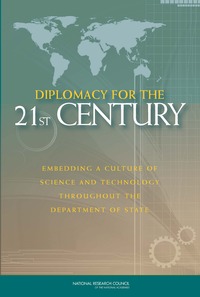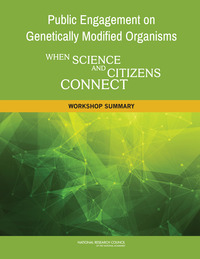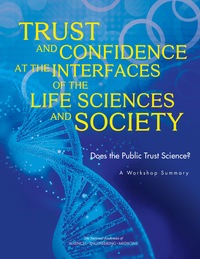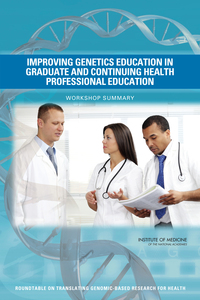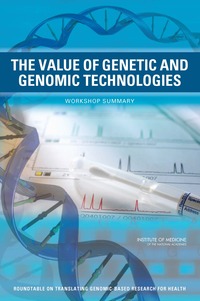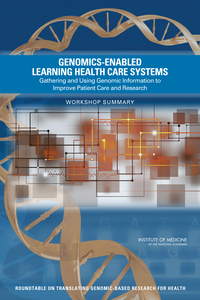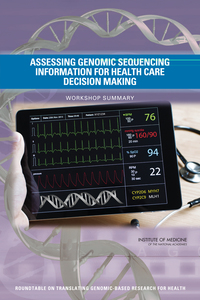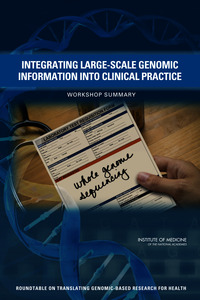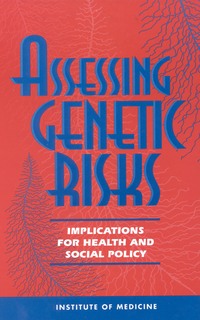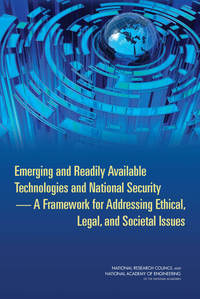A major component of the National Academy of Sciences and the National Academy of Medicine’s Human Gene-Editing Initiative was the International Summit on Human Gene Editing that took place this past week. Co-hosted with the Chinese Academy of Sciences and the U.K.’s Royal Society, the summit convened experts from around the world to discuss the scientific, ethical, and governance issues associated with human gene-editing research. The Summit Statement is available here, and the video and slides of the Summit will be permanently available at the summit website.
Below is a list of our titles that were either directly mentioned in presentations, or are related to this topic. All are free to download.
ISBN 978-0-309-12220-7
In 2005, the National Academies released the report Guidelines for Human Embryonic Stem Cell Research, which offered a common set of ethical standards for a field that, due to the absence of comprehensive federal funding, was lacking national …
ISBN 978-0-309-36783-7
On October 17, 2014, spurred by incidents at U.S. government laboratories that raised serious biosafety concerns, the United States government launched a one-year deliberative process to address the continuing controversy surrounding so-called …
ISBN 978-0-309-08977-7
In recent years much has happened to justify an examination of biological research in light of national security concerns. The destructive application of biotechnology research includes activities such as spreading common pathogens or …
ISBN 978-0-309-10032-8
Biomedical advances have made it possible to identify and manipulate features of living organisms in useful ways—leading to improvements in public health, agriculture, and other areas. The globalization of scientific and technical expertise …
ISBN 978-0-309-29453-9
The process for translating basic science discoveries into clinical applications has historically involved a linear and lengthy progression from initial discovery to preclinical testing, regulatory evaluation and approval, and, finally, use in …
ISBN 978-0-309-30168-8
Scientific advances such as the sequencing of the human genome have created great promise for improving human health by providing a greater understanding of disease biology and enabling the development of new drugs, diagnostics, and preventive …
ISBN 978-0-309-12510-9
The same technologies that fuel scientific advances also pose potential risks–that the knowledge, tools, and techniques gained through legitimate biotechnology research could be misused to create biological weapons or for bioterrorism. This is …
ISBN 978-0-309-15840-4
The Challenges and Opportunities for Education About Dual Use Issues in the Life Sciences workshop was held to engage the life sciences community on the particular security issues related to research with dual use potential. More than 60 …
ISBN 978-0-309-37313-5
Diplomacy for the 21st Century recommends steps that the Department of State should embrace to take full advantage of the leading science and technology (S&T) capabilities of the United States. These capabilities provide the department …
ISBN 978-0-309-37421-7
The National Research Council’s Roundtable on Public Interfaces of the Life Sciences held a 2-day workshop on January 15-16, 2015, in Washington, DC to explore the public interfaces between scientists and citizens in the context of genetically …
ISBN 978-0-309-37792-8
Does the public trust science? Scientists? Scientific organizations? What roles do trust and the lack of trust play in public debates about how science can be used to address such societal concerns as childhood vaccination, cancer screening, and …
ISBN 978-0-309-31605-7
Many health care providers do not have either the knowledge or the tools they need in order to apply genetic information in their day-to-day practices. This lack of support is contributing to a substantial delay in the translation of genetic …
ISBN 978-0-309-15771-1
Knowing one’s genetic disposition to a variety of diseases, including common chronic diseases, can benefit both the individual and society at large. The IOM’s Roundtable on Translating Genomic-Based Research for Health held a workshop on March …
ISBN 978-0-309-37112-4
The inclusion of genomic data in a knowledge-generating health care system infrastructure is one promising way to harness the full potential of that information to provide better patient care. In such a system, clinical practice and research …
ISBN 978-0-309-30494-8
Rapid advances in technology have lowered the cost of sequencing an individual’s genome from the several billion dollars that it cost a decade ago to just a few thousand dollars today and have correspondingly greatly expanded the use of genomic …
ISBN 978-0-309-22034-7
The initial sequencing of the human genome, carried out by an international group of experts, took 13 years and $2.7 billion to complete. In the decade since that achievement, sequencing technology has evolved at such a rapid pace that today a …
ISBN 978-0-309-08660-8
Raising hopes for disease treatment and prevention, but also the specter of discrimination and “designer genes,” genetic testing is potentially one of the most socially explosive developments of our time. This book presents a current assessment of …
ISBN 978-0-309-29334-1
Emerging and Readily Available Technologies and National Security is a study on the ethical, legal, and societal issues relating to the research on, development of, and use of rapidly changing technologies with low barriers of entry that …
